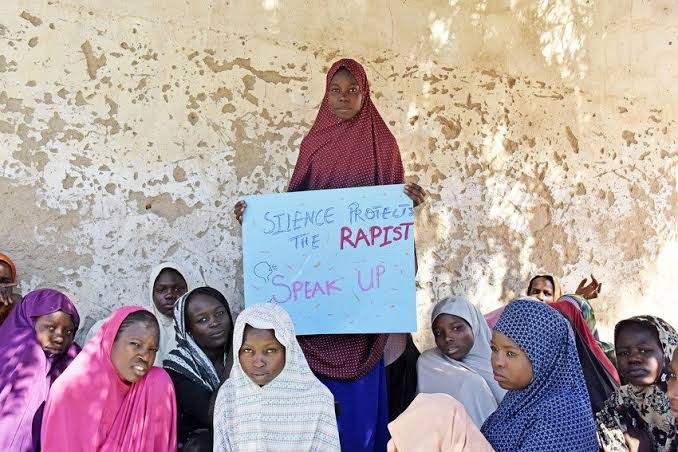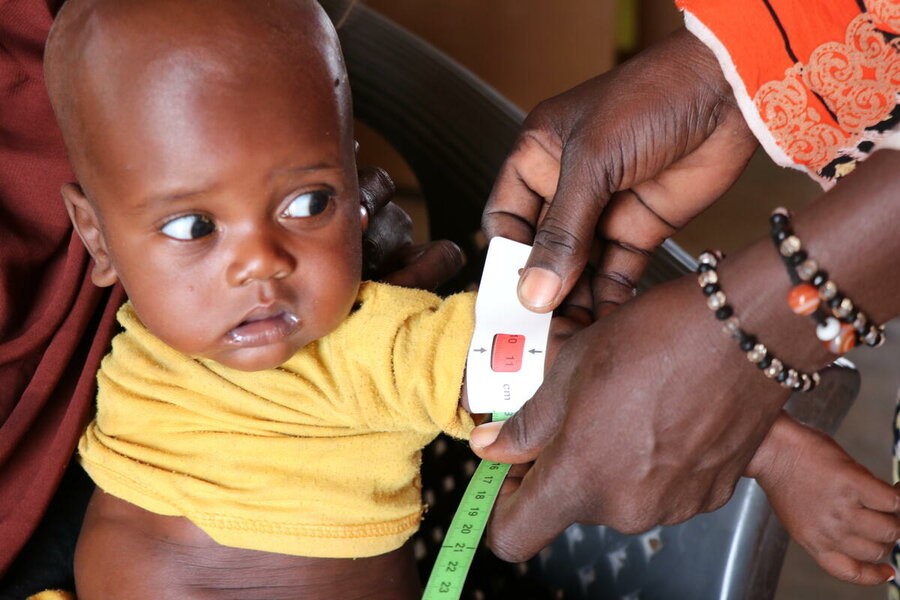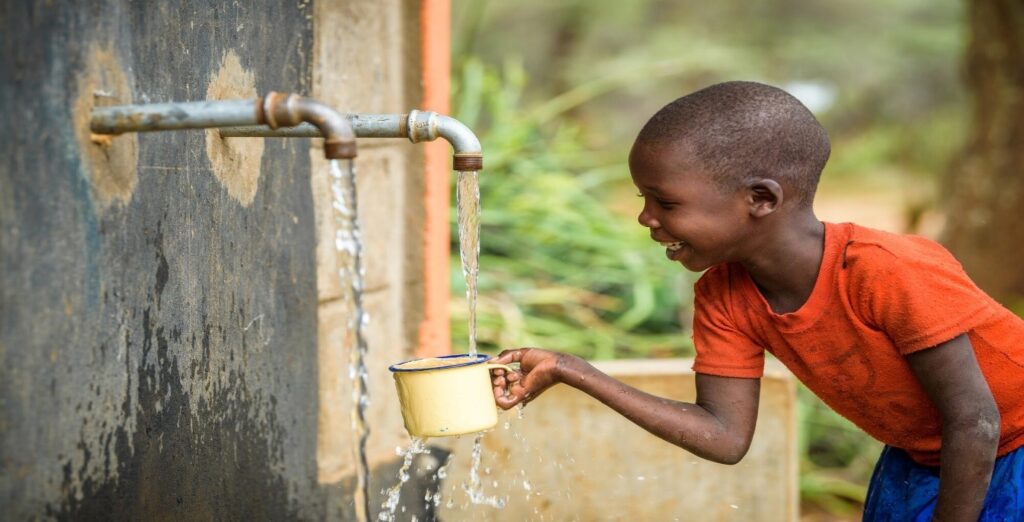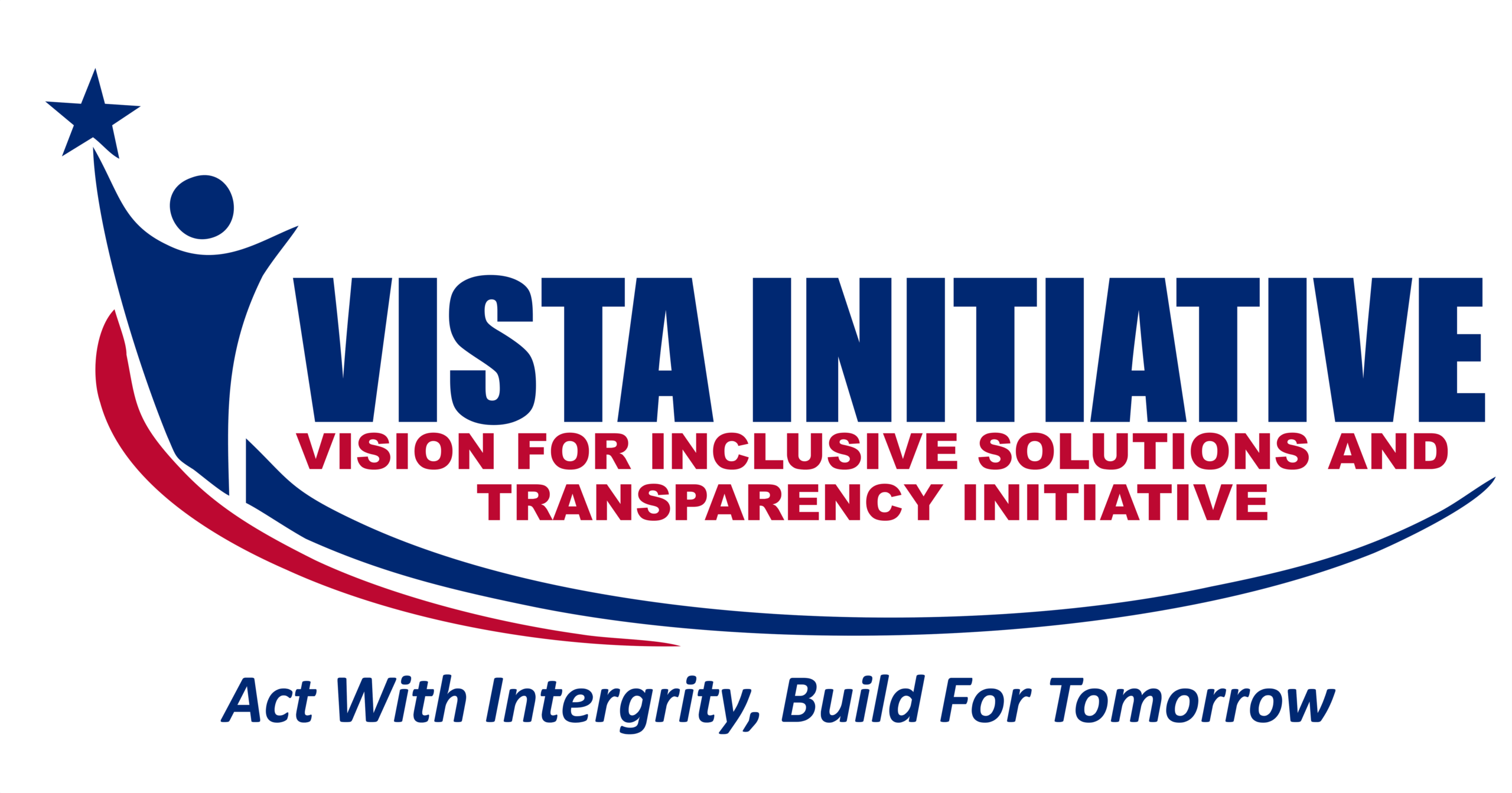STILL ON OUR THEMATIC GOALS
HERE ARE OUR APPROACHES
Below are our well thought out approaches on our respective thematic goals:

Our strategy 1
Enhance learning opportunities with special attention to girls.
- Through engagement with affected communities, we shall increase access for emergency affected children to inclusive quality formal and alternative education opportunities
- We shall work to challenge and transform social norms, cultural practices, and systemic barriers that hinder access to education for girls and boys, and limit the supportive roles of women and men in educational advancement
- We shall engage in policy influencing and advocacy towards an increase in education spending and the safety of schools and other learning institutions
- We will support the capacity development of government education system and community structure for better education response and information management

Our strategy 2
Protect women and children
- We shall prevent, reduce, and respond to protection risks, mitigating their effects while enhancing the resilience of affected individuals and communities
- Our programs will engage community members including women and girls to strengthen local systems and institutions that prevent gender-based violence and promote gender equity.
- We shall advocate for the implementation and enforcement of laws and policies that protect women and children from all forms of violence, abuse, and exploitation
- We shall work to ensure that all children are safe and supported to thrive and reach their full potential through cross-sectoral collaboration.

Our strategy 3
Promote better health and nutrition for women and children and children
- While coordinating with relevant agencies, we will support the delivery of life-saving, quality healthcare services in underserved and emergency-affected communities where we operate. Our interventions will prioritize areas with limited access to medical care and populations experiencing displacement or crisis.
- We will strengthen coordination efforts with humanitarian partners and government institutions to provide essential clinical assistance, including through stabilization centers for critical cases.
- To address public health emergencies, we will ensure timely response to disease outbreaks by deploying rapid response teams and implementing coordinated preparedness and prevention strategies. For both cyclical and emerging outbreaks, we will collaborate with partners to establish contingency plans and ensure efficient and comprehensive responses.
- At the community level, we will work to maintain and improve access to essential health services, while also supporting the recovery and strengthening of local health systems to ensure resilience and sustainability beyond the immediate crisis.

Our strategy 4
Improve nutritional status of women and children
- We shall conduct regular screening and early detection of malnutrition among children and women in both emergency and development contexts.
- We shall provide therapeutic and supplementary feeding, including Ready-to-Use Therapeutic Foods (RUTF) and micronutrient supplementation to treat moderate and severe acute malnutrition.
- We shall deliver nutrition education to caregivers, with an emphasis on promoting proper infant and young child feeding (IYCF) practices to prevent malnutrition.
- We shall integrate nutrition into our health, WASH, and food security programs, ensuring that support is coordinated, holistic, and sustainable
- e shall support local health systems and community structures, building their capacity to manage nutrition programs and ensure timely referrals and follow up care.

Our strategy 5
Improve access to WASH products and services
- We shall provide access to safe and potable water for underserved and emergency-affected communities through the installation and rehabilitation of water points and boreholes.
- We shall promote improved sanitation services, supporting the construction of latrines and handwashing stations, especially in schools, health facilities, and displacement sites.
- We shall support hygiene promotion efforts, targeting behavior change communication that empowers families especially women and children to adopt safe hygiene practices
- We shall facilitate safe liquid and solid waste disposal, working with community structures to establish functional waste management systems.
- We shall integrate climate-resilient WASH solutions, such as solar-powered water systems, to ensure long-term sustainability and reduce vulnerability to environmental shocks.

Our strategy 6
Food Security and Livelihood
- We shall support food-insecure households through cash-for-work, food assistance, and livelihood support, with a strong focus on women, youth, and persons with disabilities.
- We shall deliver vocational training and promote green job skills to equip affected individuals with the tools needed for sustainable, climate-resilient income-generating activities.
- We shall expand our livelihood programs to include small business development, agricultural support, and climate-smart practices that build long-term resilience.
- We shall facilitate safe liquid and solid waste disposal, working with community structures to establish functional waste management systems.
- e shall foster social cohesion and promote inclusive economic recovery by engaging communities in collective livelihood planning, market access, and local value chains.

